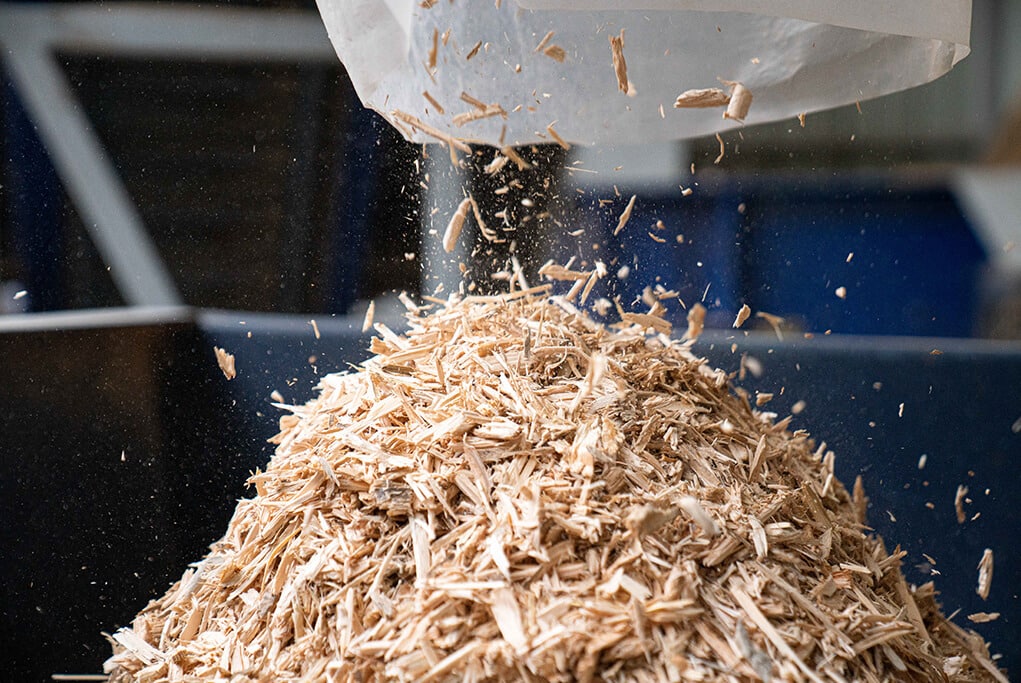In our last article we talked about some of the reasons why there is a shortage of Euro pallets in the UK and across the globe and how these have led to increased production costs for new wooden pallets. What we didn’t discuss is how haulage, shipping, and storage companies across the country can mitigate against these cost increases.
While many of the factors affecting the price and availability of Euro pallets are beyond the control of individual businesses, there is one thing that we can all do to make our industry more sustainable – recycle used and damaged wooden pallets. These are just some of the ways recycling can benefit any company using wooden pallets in their day to day operations:
Maintain pallet prices
The cost of timber and nails continues to increase, meaning new wooden pallets will continue to rise in price for the foreseeable future. By repairing broken wooden pallets and returning them into the supply chain, we can attempt to keep the price of used pallets down or, at the very least, slow the increase.
Environmental impact
It is the responsibility of any modern business to reduce the impact they have on the environment and reconditioning wooden pallets is a great way to do this. Wood is an endlessly recyclable material and there is never a need for wooden pallets – whatever their condition – to end up in landfill. Every wooden pallet that gets repaired or refurbished is one less wooden pallet that needs to be built from scratch. New wooden pallets (even ones manufactured using sustainable materials) have a larger carbon footprint than recycled pallets. Not only does the timber need to be harvested, it also needs to be shipped from its country of origin. These add to the cost of new pallets, as well as to the environmental impact.
100% recycling targets
Here at Chris Reynolds Pallets, 100% of wood material that enters our Wirral-based production yards ends up being used in one way or another. Much of that is old pallets that get repaired and resold, but not all pallets can be salvaged. Where a wooden pallet is too broken to be reused, we use specialist equipment to reduce it to pulp. This can be used as biofuel to power our on-site kilns, meaning nothing goes to waste. While we are in a great position to achieve this record, other companies can still aspire to it, seeking out ways to reuse wooden pallets, rather than consigning them to a scrap pile.
Health and Safety
Companies that don’t recycle their pallets regularly tend to stockpile broken pallets in a haphazard manner. This can pose a serious health and safety risk, both for personal injury from cuts and splinters, as well as being a fire hazard. If stockpiled in an exterior yard, they can attract rats, foxes, and other vermin looking for a warm place to hide. Keep your broken pallets in a designated area until full, at which point call out your trusted pallet provider to collect, repair, and return them – replenishing your stock.



